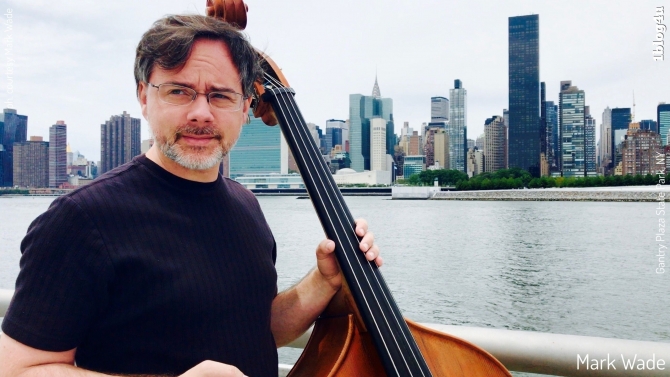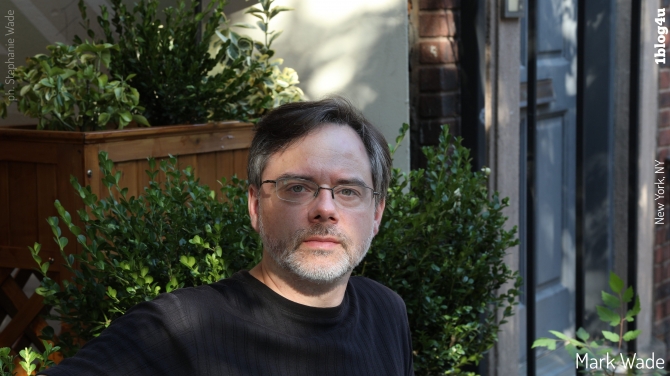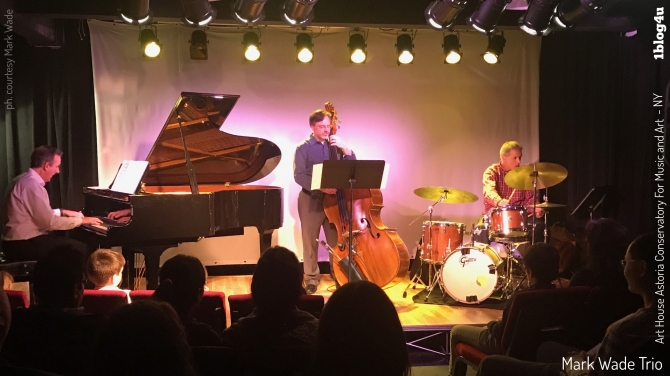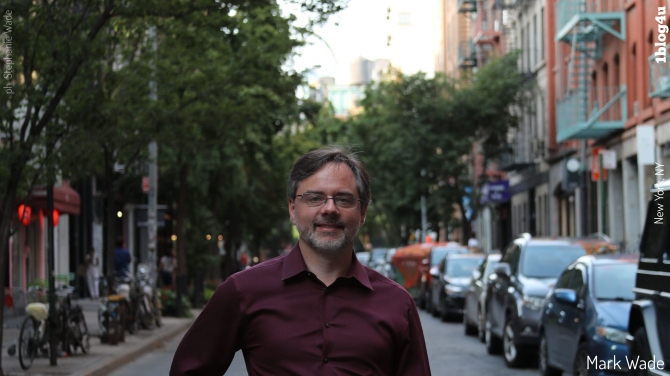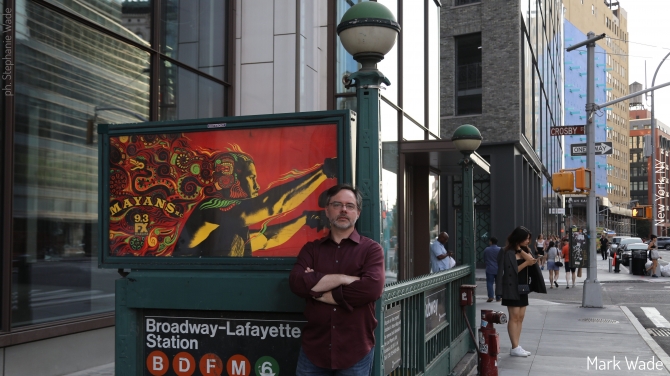I met Mark Wade on Twitter. On the occasion of our decision to review his cd "MOVING DAY" of the Mark Wade Trio.
Anyone who knows me knows that despite being an omnivore in terms of music (I listen to so many genres) I am neither an expert nor a music critic. I never will be. That's why I collaborate with people who are undoubtedly more prepared than me.
Also, to penalize me further, there is the fact that I don't have a natural predisposition for jazz... Alas, I admit it.
But... I always listen to everything, I am not prejudiced and I assume that "you never know" who or what can give you an emotion. And music is emotion.
I recognize Mark Wade, with his music, the ability to give emotions. His music is beautiful to listen to and listen to again.
I also thank him for giving us this interview, which I hope... by reading it, he can inspire someone.
Enjoy the reading
Gabriella Ruggieri for 1blog4u
Mark Wade was born in... What was your course of study? Did it have some relevance to the music? (I would like to start with basic personal data and your study path) Was this course of study your choice or your parents?
I was born in Livonia Michigan. I moved around the upper mid west part of the United States when I was young, living in Indiana twice, Ohio, and southern Tennessee. By the age of seven I moved to New Jersey where I lived until I went to college at New York University. I had almost no formal musical education before I went to college. I only began playing the electric bass at 14. I was self-taught a year before I went to NYU. I started studying with a bass player named Andrew Harkin who prepared me for my audition for NYUʼs jazz program in six months time. I was excepted in the program and became the first person in my family to go on to study music professionally.
And you when did you noticed? Perhaps a vinyl that were given to you as a Christmas present? Or a concert? Or in kindergarten? When did you realize that music was inborn or at least an essential part of yourself?
Around the time that my friends and I were turning 14, it became popular among our group to learn to play guitar. Up until that time I had no interest in learning a musical instrument, and had not felt particularly drawn to music in any special way. A friend of mine suggested that I try playing the bass so I gave it a try. Right away I knew it was something that I wanted to do. Something about it just seem to click for me.
Do you remember your first musical instrument? Was it given to you or you just bought yourself?
I bought my first electric bass from a music teacher in my middle school just as I was leaving for high school. It was actually a very nice bass for a beginner to learn on, and I think that made things a bit easier for me getting started.
